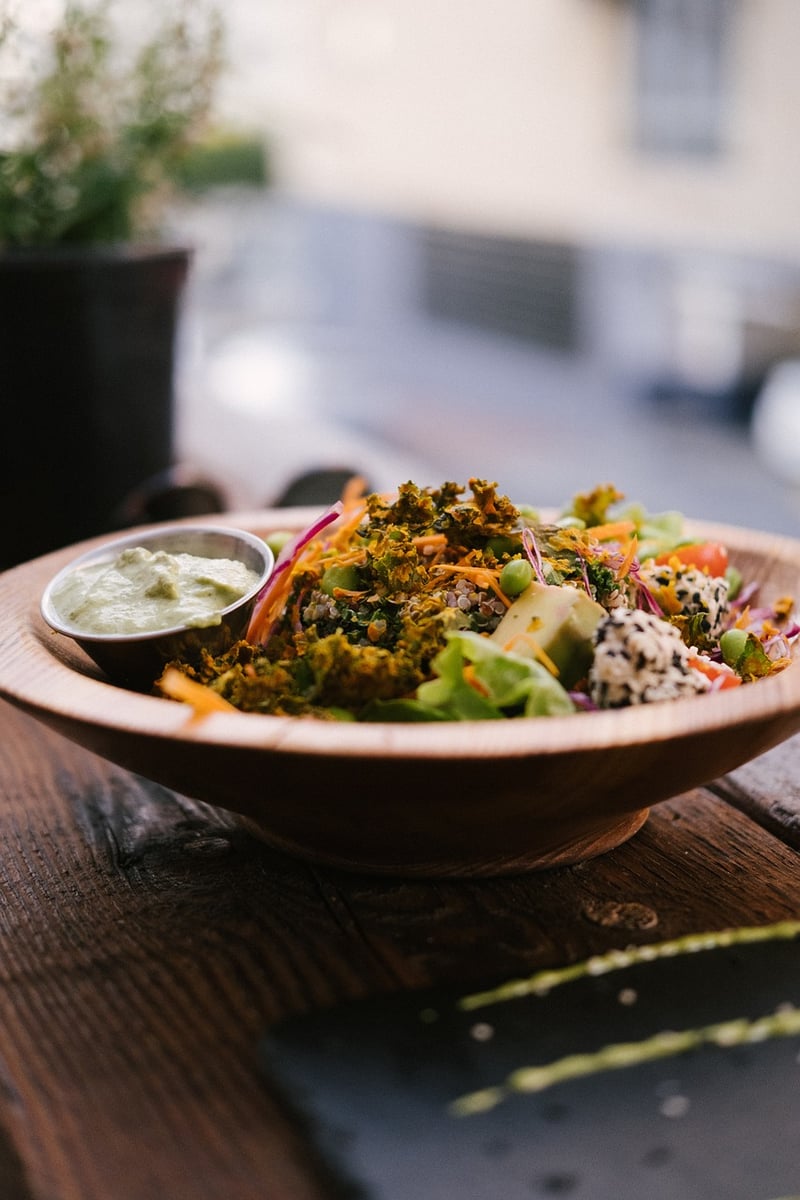Traditional Festivals
The Rich Culinary Heritage and Traditional Festivals
Exploring a country's culinary heritage is often like delving into a treasure trove of flavors, traditions, and stories passed down through generations. In many cultures, food is not merely sustenance but a reflection of history, geography, and community values. Coupled with traditional festivals, these culinary experiences provide a glimpse into the soul of a nation.
Culinary Heritage
From the spicy curries of India to the delicate pastries of France, each country boasts a unique culinary identity shaped by its history and local produce. Traditional recipes often carry the essence of a region, with ingredients and cooking techniques that have stood the test of time.
Exploring Flavors
One way to immerse yourself in a country's culinary heritage is by sampling local dishes at markets, street stalls, or family-run eateries. These humble settings often offer the most authentic and delicious meals, showcasing the diversity and creativity of a nation's cuisine.
Preserving Traditions
Many communities take pride in preserving their culinary traditions, organizing cooking classes, food festivals, and farm-to-table experiences that celebrate local ingredients and age-old recipes. These initiatives not only safeguard traditional practices but also promote sustainable agriculture and cultural exchange.
Traditional Festivals
Traditional festivals play a vital role in showcasing a country's cultural heritage, with food often taking center stage in these celebrations. Whether it's a harvest festival, a religious ceremony, or a seasonal event, traditional festivals offer a glimpse into the customs, beliefs, and values of a community.
Celebrating with Food
Food plays a symbolic role in many traditional festivals, with specific dishes prepared to mark special occasions or honor ancestral traditions. From the mooncakes of the Mid-Autumn Festival in China to the pan de muerto of Día de los Muertos in Mexico, these culinary delights are deeply intertwined with the festival's meaning and significance.
Community and Connection
Traditional festivals bring communities together, fostering a sense of belonging and shared identity. Through food, music, dance, and rituals, participants bond with one another and pay homage to their cultural roots, creating lasting memories and strengthening social ties.
Exploring a country's culinary heritage and traditional festivals is not just about tasting new flavors or witnessing colorful celebrations; it's about connecting with the past, understanding different worldviews, and appreciating the beauty of diversity. So, next time you have the opportunity to savor a traditional dish or join a festive parade, remember that you're not just eating or celebrating – you're experiencing the living history and vibrant culture of a people.


